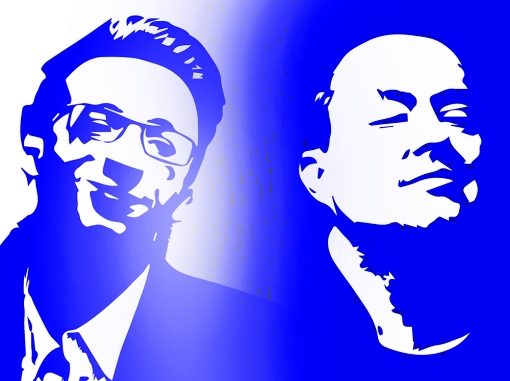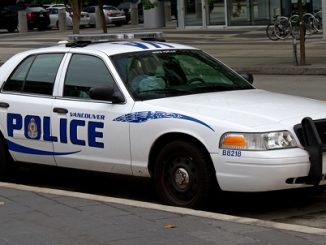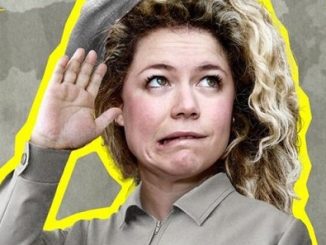
Quebecois comedian Mike Ward joked in front of a Montreal audience in 2009: “If I don’t have a lawsuit against me now, it’s not for a lack of trying.”
For jokes he made about them during his three-year comedy tour, Quebec’s Human Rights Tribunal (HRT) ordered comedian Mike Ward to pay a total of $42,000 in moral and punitive damages to Jeremy Gabriel and his mother. The tribunal found the plaintiffs’ human rights were infringed on by the jokes. Ward’s lawyer maintains that the tribunal misinterpreted important cases by going beyond the intended goals of Quebec’s Charter of Human Rights and Freedoms and has initiated an appeal.
Many fear the HRT decision may set an unwanted precedent for Quebec comedians, while others argue the ruling is just because the jokes discriminated against Gabriel due to his disability.
Ward made several jokes on his website and during live performances on his comedy tour. Over the course of 230 live performances, jokes at Gabriel’s expense were heard by more than 130,000 people, plus online viewers.
Gabriel, now 19, has Treacher Collins syndrome, which has affected his appearance and hearing since birth. Treatment and hearing devices from a young age lessened some of the deafness and helped him to learn to sing. In 2006, at the age of 9, Gabriel performed with Celine Dion in Las Vegas and sang for the Pope at the Vatican later.
Quebec’s Charter of Human Rights and Freedoms establishes an individual’s right to safeguard his/her reputation and not be discriminated against on the basis of a disability. The tribunal concluded that Ward’s jokes did not constitute speech in the public interest, and therefore are not protected under the Charter. The jokes made fun of Gabriel’s appearance and became a source fellow students used to mock him. According to the tribunal, Ward’s jokes made Gabriel “question his own value,” to the point of suffering suicidal thoughts. Ward also hinted that Gabriel’s mother, Sylvie, was profiting off her son’s handicap.
Mary Agnes Welch, former President of the Canadian Association of Journalists (CAJ), has warned against Canadian HRTs making this type of decision. “Human Rights Commissions were never meant to act as language nannies,” she stated, saying they can put a chill on the speech of those with whom they disagree.
Ward’s lawyer argues that artistic expression must also be safeguarded and plans to appeal the tribunal’s decision, because he believes it misinterprets previous case law. He cites the tribunal’s use of the 2013 Whatcott decision, which states that humor can only be restricted if it exposes people to hatred, not simply ridicule. “There isn’t a right to not be offended in Canada,” He believes the country’s human rights movement has taken a turn for the worse since he served on its frontiers decades ago.
Like many human rights advocates, Ward’s lawyer believes that free expression is a fundamental right that underpins many others. In 2011, the United Nation’s International Human Rights Committee affirmed that free expression is “the vehicle for the exchange and development of opinions” and “(forms) a basis for the full enjoyment of a wide range of other human rights.” The same UN committee also affirmed reasonable restrictions on free expression to protect people’s reputations.
Ward and his lawyer headed to the Quebec Court of Appeals on October 12, 2016. Grey planned to present an argument similar to the one he made to the tribunal, possibly to a more receptive court.





Be the first to comment